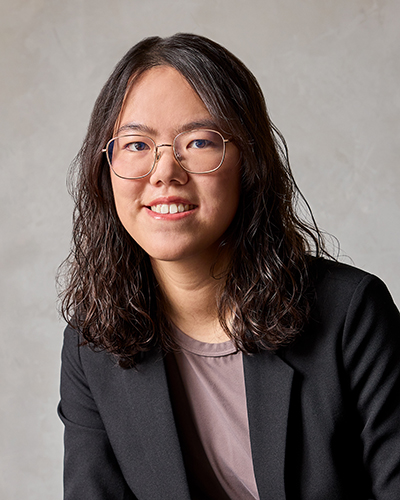Jenny Fu is a senior in the College of Arts & Sciences double majoring in English and Philosophy, Politics, and Economics (PPE). Her experiences living in China, Canada, and the U.S. fostered her interest in cross-cultural interaction and contributed to her passion for English and Chinese literature. Her research interests include 19th- and 20th-century literature, poetry and poetics, globalization, East-West contact, and translation. Outside of the classroom, Jenny is involved in the English Undergraduate Advisory Board and Penn Six A Cappella. She also enjoys reading, creative writing, and taking long walks outdoors.
Ning Ning (Jenny) Fu
Wolf Humanities Center Undergraduate Fellow
2024—2025 Forum on Keywords
Ning Ning (Jenny) Fu
English; Philosophy, Politics, and Economics
The Flows of Informal Empire: Reading “The Malay” as a Lascar Sailor in Thomas De Quincey’s Confessions of an English Opium-Eater
This project examines "the Malay" figure in Thomas De Quincey’s Confessions of an English Opium-Eater (1821) as a fictional rendition of Lascars, Asian sailors who traversed through Britain between 1794 and 1814. In doing so, I take particular interest in the text’s engagement with global connections enabled by Britain’s maritime commerce–the availability of “Oriental” commodities such as tea and opium, news of merchant ships trading these goods across the Indian and Atlantic oceans, as well as regular encounters with “Oriental” laborers who arrived in England working on these vessels were the quotidian experiences that constituted British life and informed De Quincey’s writing of Confessions. I examine how De Quincey recreates the Malay figure as a Lascar sailor, reimagines the experience of maritime labor itself, and responds to Britain’s status as an ascendant commercial and maritime power.



